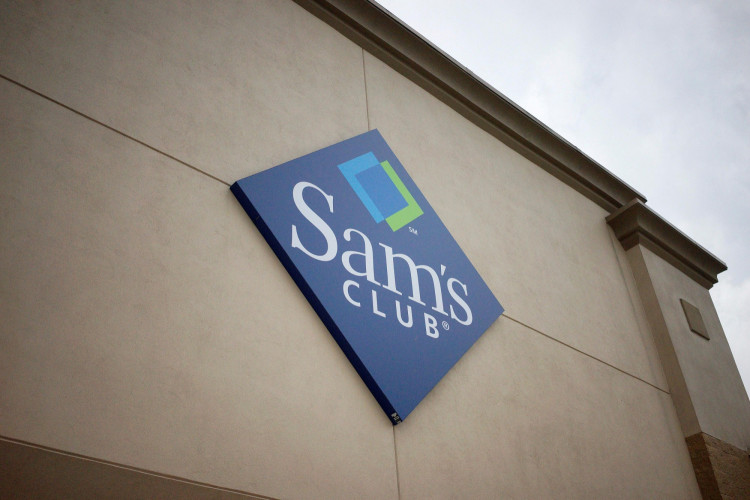Walmart-owned Sam's Club is making bold moves to challenge Costco's market dominance. The strategic revamp of its private label, Member's Mark, and technological advancements are central to Sam's Club's efforts to close the revenue gap with its chief rival, Costco, whose private label, Kirkland Signature, has long been a benchmark for success.
Megan Crozier, chief merchant at Sam's Club, recalls a personal experience that catalyzed this transformation. During the Covid pandemic, an inflatable pool she bought for her children from Sam's Club began leaking after just a few uses. This incident underscored the need for higher quality in their private label products and sparked a years-long effort to elevate Member's Mark to compete with Kirkland.
Sam's Club, which reported $86.2 billion in net sales last fiscal year compared to Costco's $176.63 billion, aims to leverage the revamped Member's Mark to drive growth. CEO Chris Nicholas told CNBC that their strategy was inspired by Costco's success with Kirkland. "The club model survives because you have brilliant merchants focusing on creating or buying exceptional items," Nicholas said. "Costco did such a great job of that over the years with Kirkland and we saw that be successful."
The overhaul of Member's Mark includes consolidating over 20 private labels into a single brand, aiming for high standards in food and merchandise by 2025, such as antibiotic-free poultry and fair trade certified coffee beans. This focus on quality is complemented by a new customer feedback program, allowing shoppers to co-create products by offering input on flavors, design, and functionality.
Michael Baker, a retail analyst at D.A. Davidson, noted that while Sam's Club faces a significant challenge in overtaking Costco's private label, the foundation laid by Kirkland offers a roadmap. "Never say never," Baker said. "But I think it's going to take a long time." He added that Kirkland's reputation for high-quality products has changed consumer perceptions about private labels, no longer seen as inferior knockoffs but as desirable alternatives to national brands.
The competitive landscape between Sam's Club and Costco extends beyond product offerings to technological innovation. Sam's Club has invested heavily in technology to enhance the shopping experience, particularly appealing to younger consumers. The scan-and-go app and AI-powered checkout gateways exemplify this shift, allowing members to shop more efficiently. Nicholas highlighted that about one-third of Sam's Club shoppers use the scan-and-go app, and the seamless checkout process has received high customer satisfaction ratings.
"Our digital channels are a major part of our strategy," Nicholas explained. "Half of our members use them, and it's driving engagement, renewal rates, and word-of-mouth referrals." This focus on digital integration contrasts with Costco's more traditional retail approach, which, while effective, lacks the technological advancements Sam's Club offers.
The success of Member's Mark is crucial as Sam's Club plans to open over 30 new stores in the next four years, many in regions with existing Costco or B.J.'s Wholesale clubs. The enhanced private label and technological innovations are designed to attract new members and retain existing ones, particularly younger generations who value convenience and quality.
Sam's Club's efforts appear to be paying off. The company has reported record membership numbers for consecutive quarters, with private brand sales growth outpacing the rest of the store. Walmart CFO John David Rainey credited Member's Mark for driving high single-digit growth in a recent earnings call, emphasizing its role in attracting and retaining members.
Despite these gains, Sam's Club faces a tough road ahead. The strong brand loyalty and extensive market presence of Costco's Kirkland Signature pose a significant challenge. However, with a strategic focus on quality, customer engagement, and technological innovation, Sam's Club is positioning itself as a formidable competitor in the warehouse club sector.





